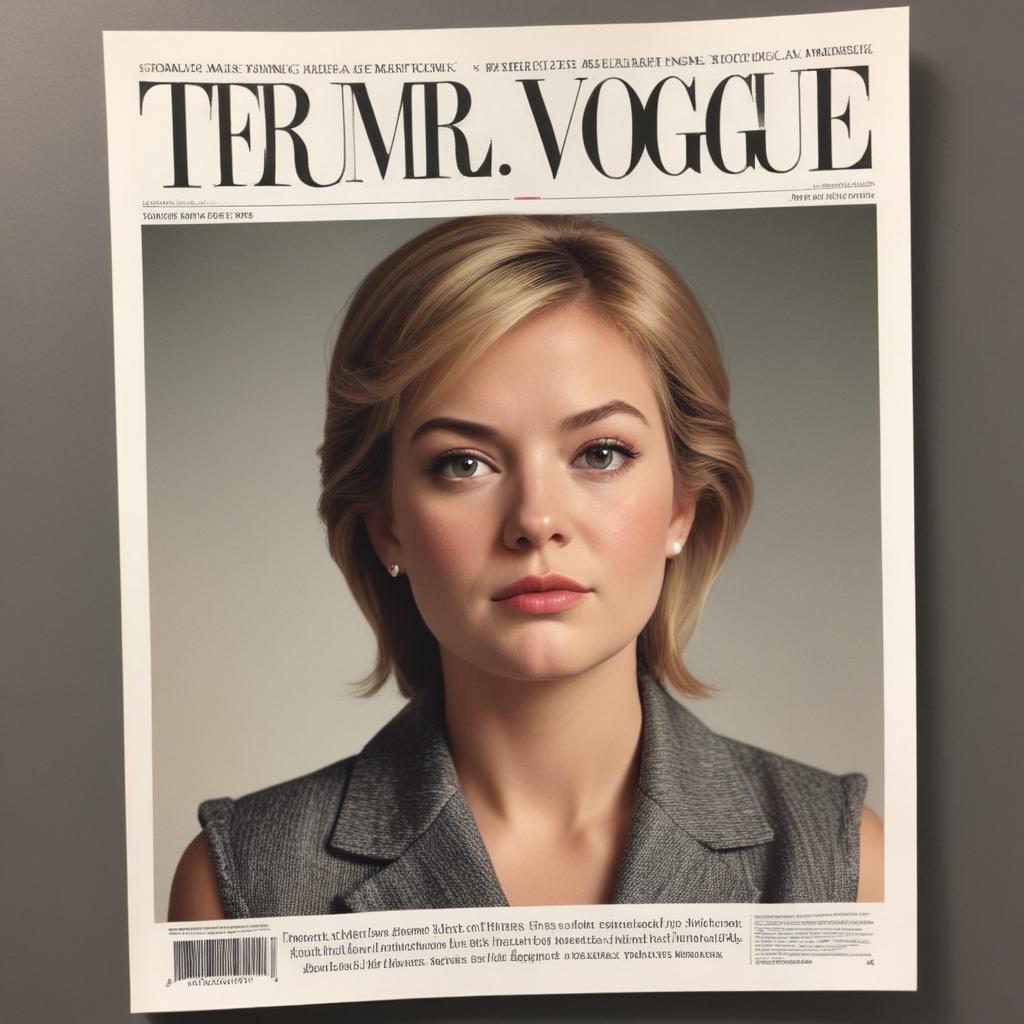Teen Vogue, once a trailblazing progressive voice known for its 'Donald Trump Is Gaslighting America' story, has been folded into Vogue by Condé Nast. This move, amidst layoffs targeting diverse staff and union disputes, signals a broader crisis for feminist and progressive journalism, raising concerns about the future of diverse media for young audiences.
In 2016, Teen Vogue transformed its image from a fashion magazine to a prominent progressive political voice with its viral story, 'Donald Trump Is Gaslighting America.' This piece garnered over 1.3 million hits and significantly boosted the magazine's sales, establishing it as an 'unlikely hearth for progressive, even radical, feminism' within Condé Nast under then editor-in-chief Elaine Welteroth. However, nearly a decade later, with Donald Trump once again in the White House, Teen Vogue as it was known has been integrated into its flagship property, Vogue. Condé Nast cited business concerns and a desire for a 'unified reader experience,' shifting Teen Vogue's focus to 'career development' and 'cultural leadership.' This restructuring led to the stepping down of its editor-in-chief and the layoff of six unionized employees, predominantly BIPOC women or trans individuals, including its politics editor. The layoffs sparked significant pushback from the Condé Nast union and New York's Attorney General, Letitia James, who pledged legal action after four staffers who questioned the layoffs were fired. While Condé Nast maintains these changes were purely business-driven, former employees suggest political motivations, with reports of company leadership, including Anna Wintour, aiming to avoid political scrutiny. The article places Teen Vogue's unraveling within a broader trend of decline for progressive and feminist journalism, with many influential outlets like Jezebel, Vice, and Vox struggling or shutting down due to economic pressures, opaque social media algorithms, and advertisers' reluctance to sponsor political content in women's media. This decline has coincided with the rise of a conservative 'womanosphere' promoting traditional gender roles. Experts and the author express concern that young people, Teen Vogue's core audience, will lose access to diverse and fact-checked media content, particularly as they face increasingly restrictive right-wing policies, limiting their ability to explore different life paths beyond traditional narratives. Despite these challenges, former Teen Vogue staffers and experts maintain optimism about young people's intelligence and their continued need for diverse, informative media.



